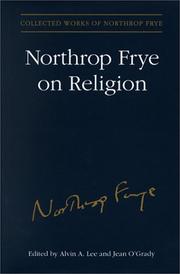“Here Comes the Sun,” live, Concert for Bangladesh, 1971.
The tenth anniversary of George Harrison‘s death passed earlier this week.
Harrison may have had the best post-Beatles career. His first few albums after the breakup of the band, All Things Must Pass and Living in the Material World especially, arguably surpass anything that Lennon or McCartney managed on their own, even if the momentum of their earlier success seemed to take them further. It’s obvious in retrospect that by the time of Revolver (1966), Harrison was diligently working independently of Lennon and McCartney, whose music redefined the band with every new album; it’s just three years from “A Hard Day’s Night” to “A Day in the Life.” It’s therefore tempting to regard Harrison’s one or two contributions per album as pleasant enough add-ons to the manifest genius of his band mates. But Sgt. Pepper, for instance, would not really be the same album if it didn’t include “Within You, Without You”, around which the rest of the album pivots. In the same way, the increasingly expansive experimentation marked by Magical Mystical Tour cannot be fully appreciated without “Blue Jay Way.” “While My Guitar Gently Weeps,” meanwhile, is probably the most iconic song from the White Album, and Abbey Road simply could not be the album it is without “Here Comes the Sun” and “Something.” Harrison’s songwriting contribution was relatively small, but it provided an often unpredictable twist to the band’s repertoire as a whole. The work that came afterwards, of course, was done on his own terms and in his own time, and the first decade of the post-Beatles world is hard to imagine without it.
Here’s some of Harrison’s later Beatles stuff, as well as selections from his solo career.
